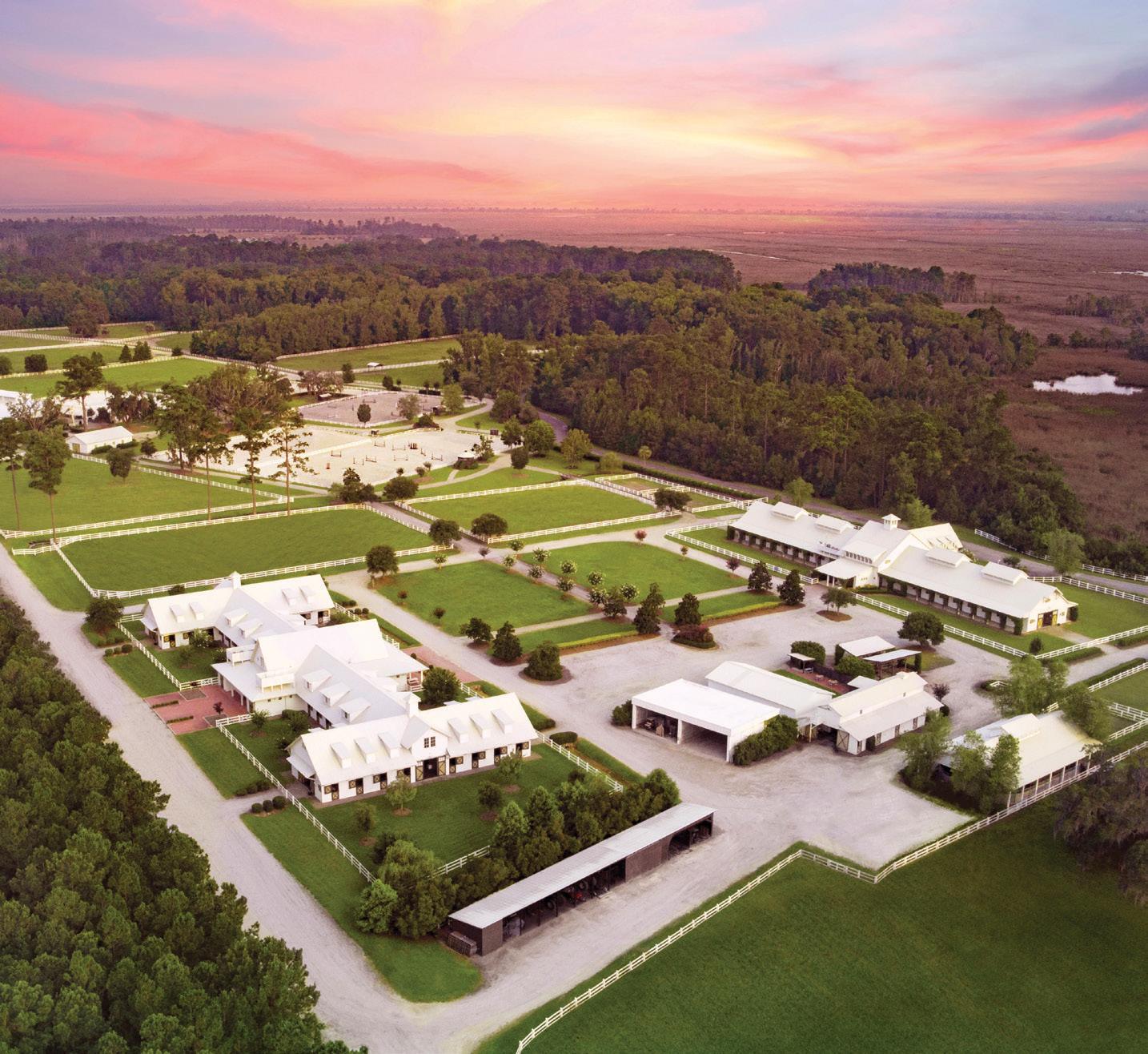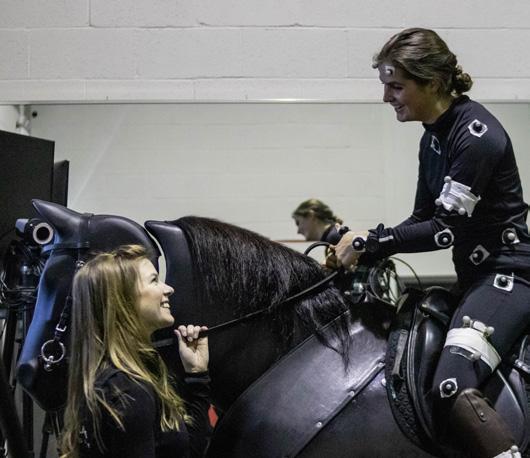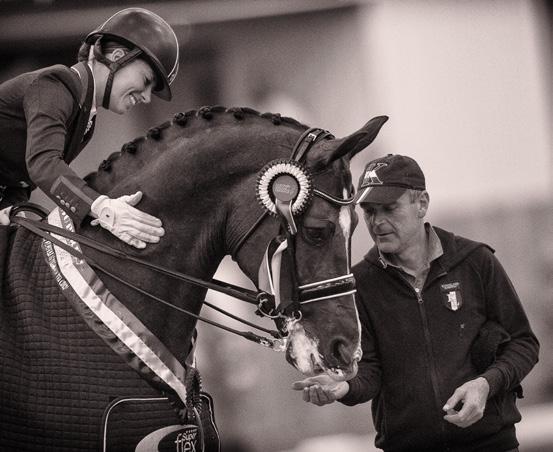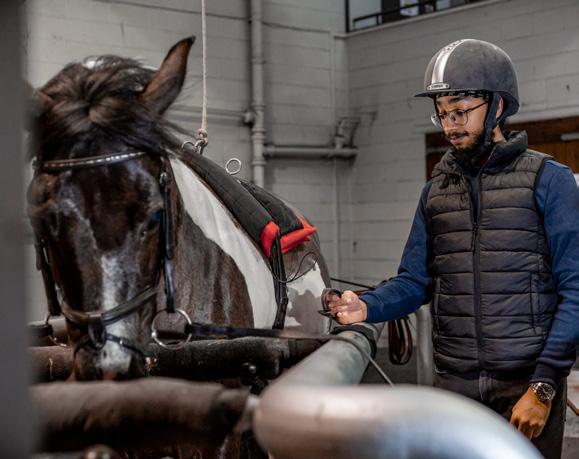2025 US EQUESTRIAN COLLEGIATE HANDBOOK
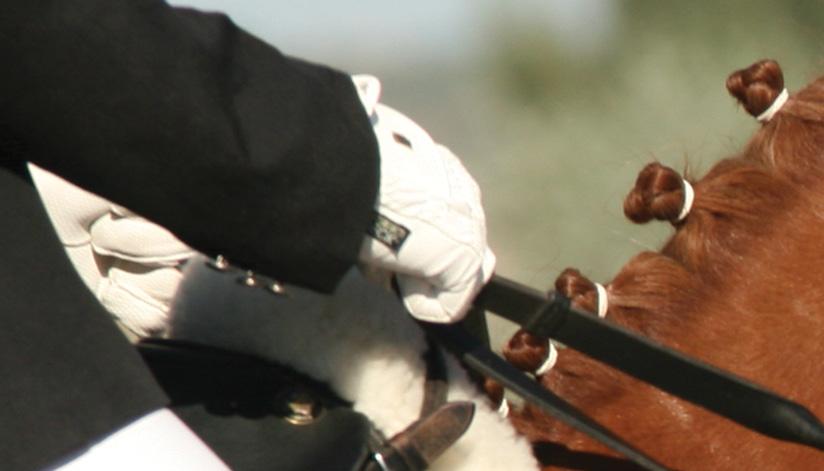
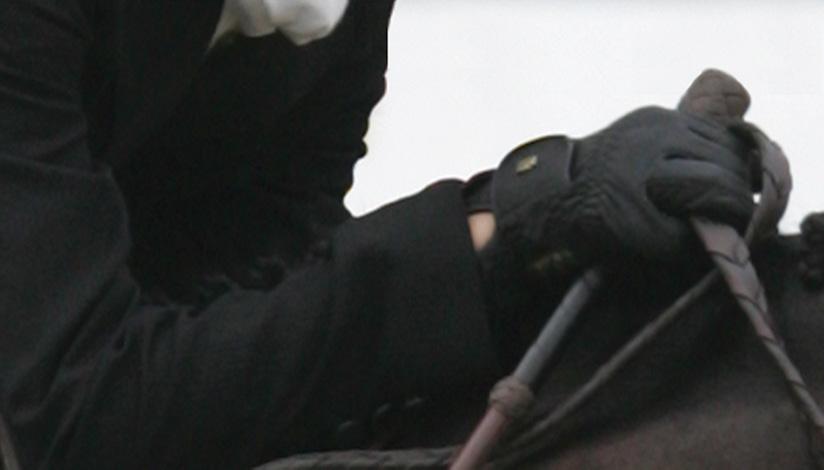
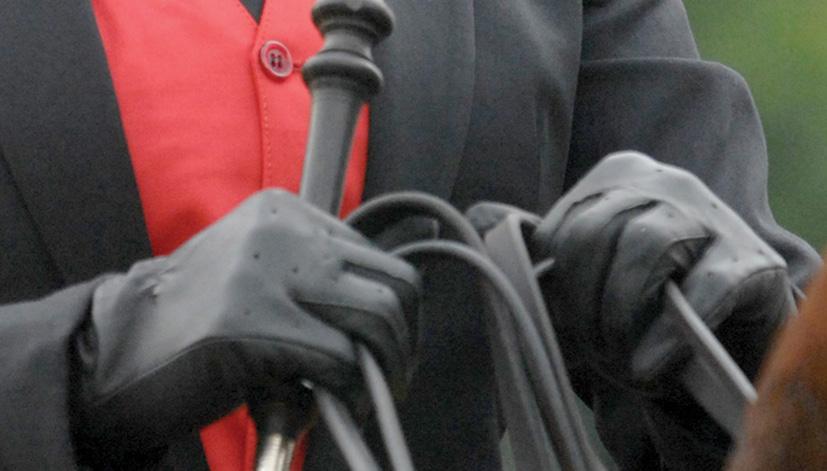
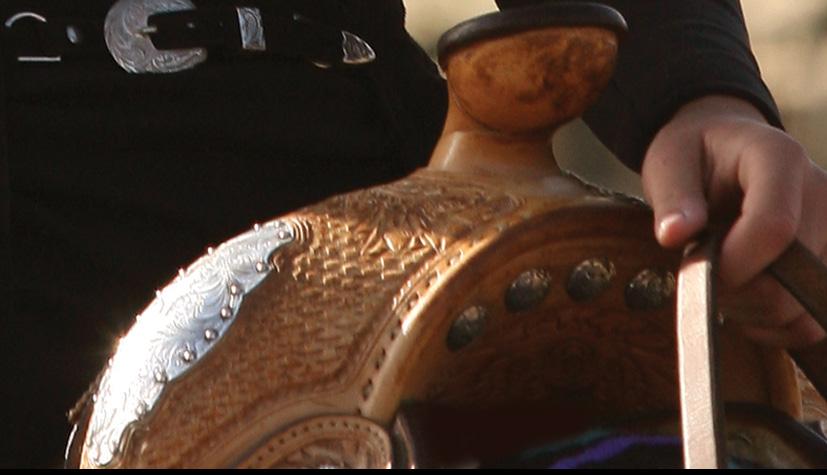
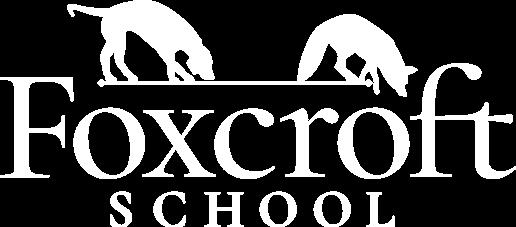
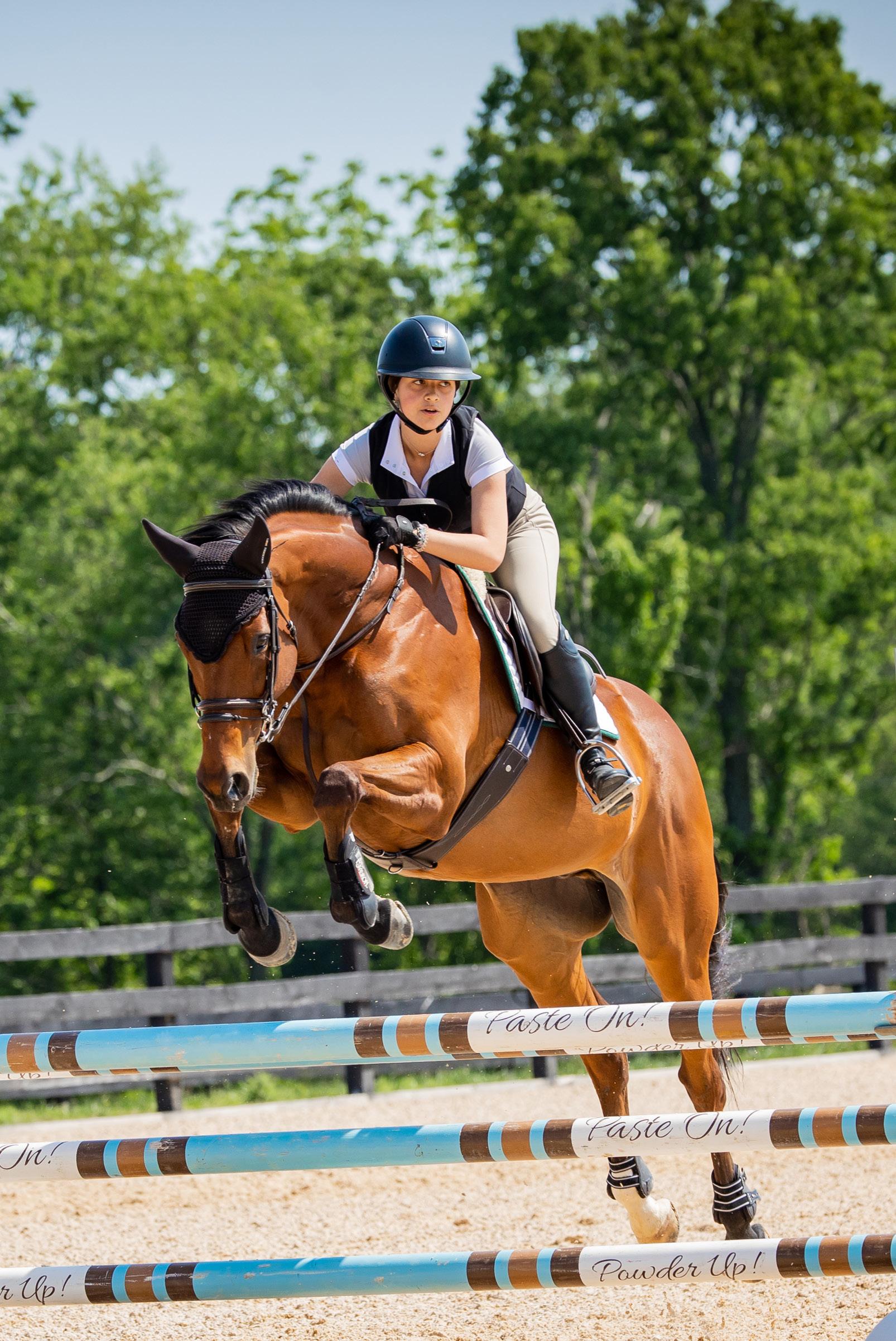

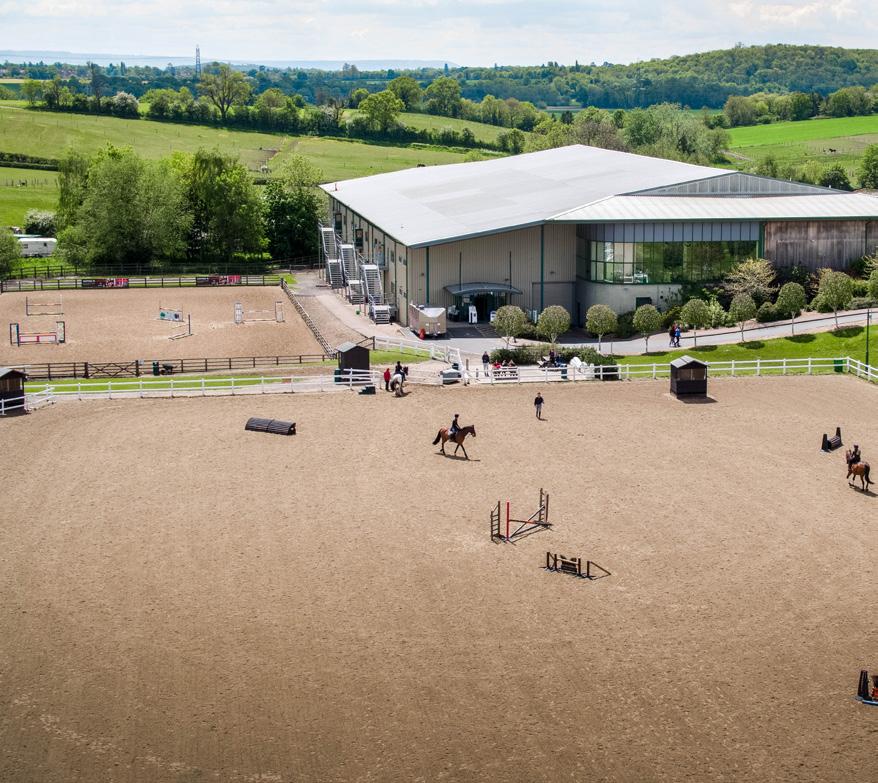









• Stabling for 230 horses
• 8 equine arenas
• Rider Performance Centre
• Equine Therapy Centre
• Equine Academy www.hartpury.ac.uk
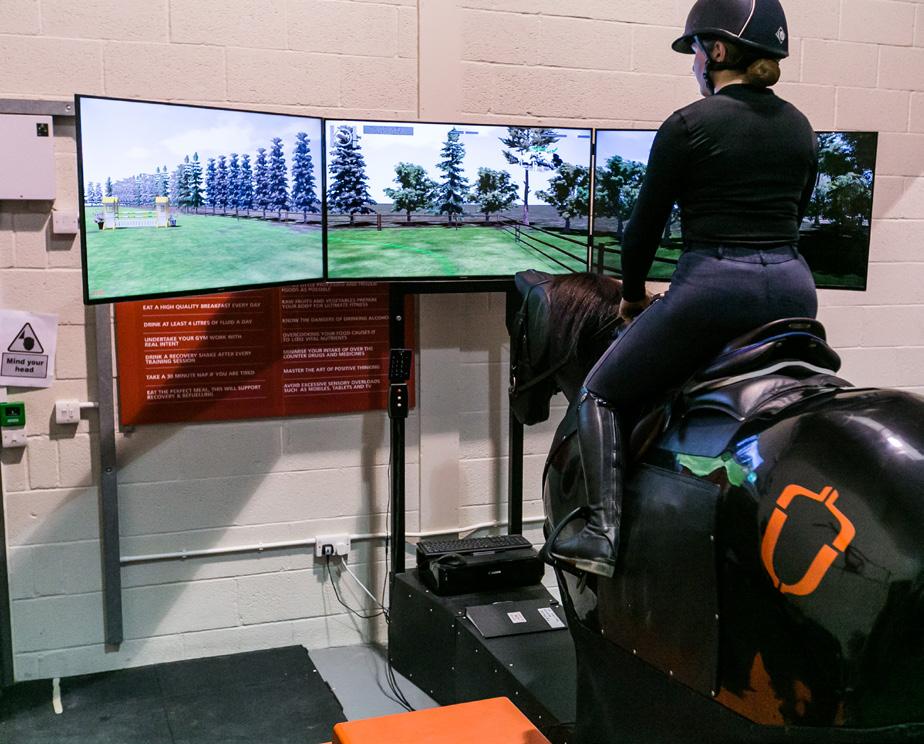
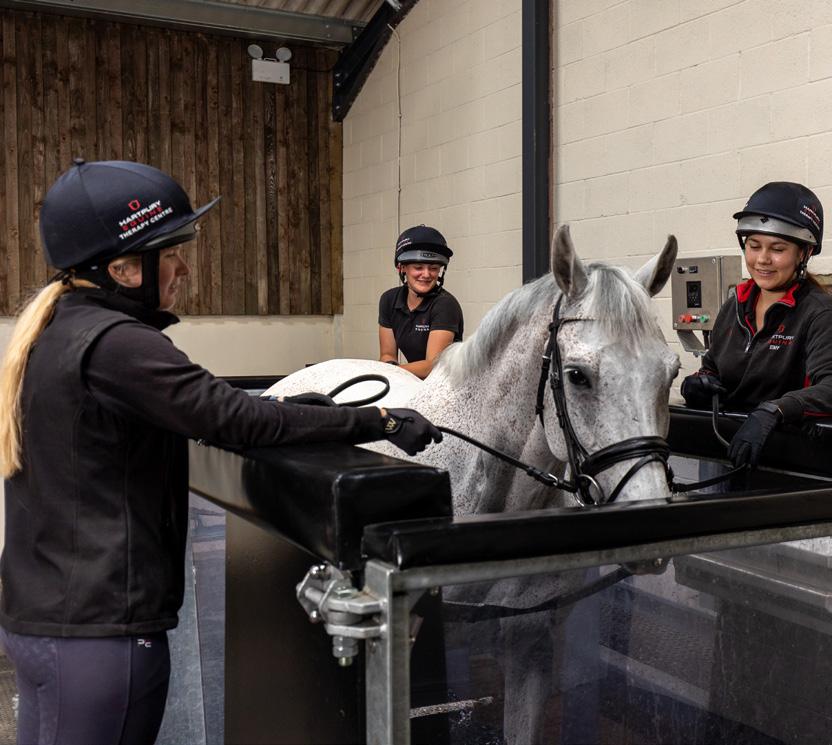
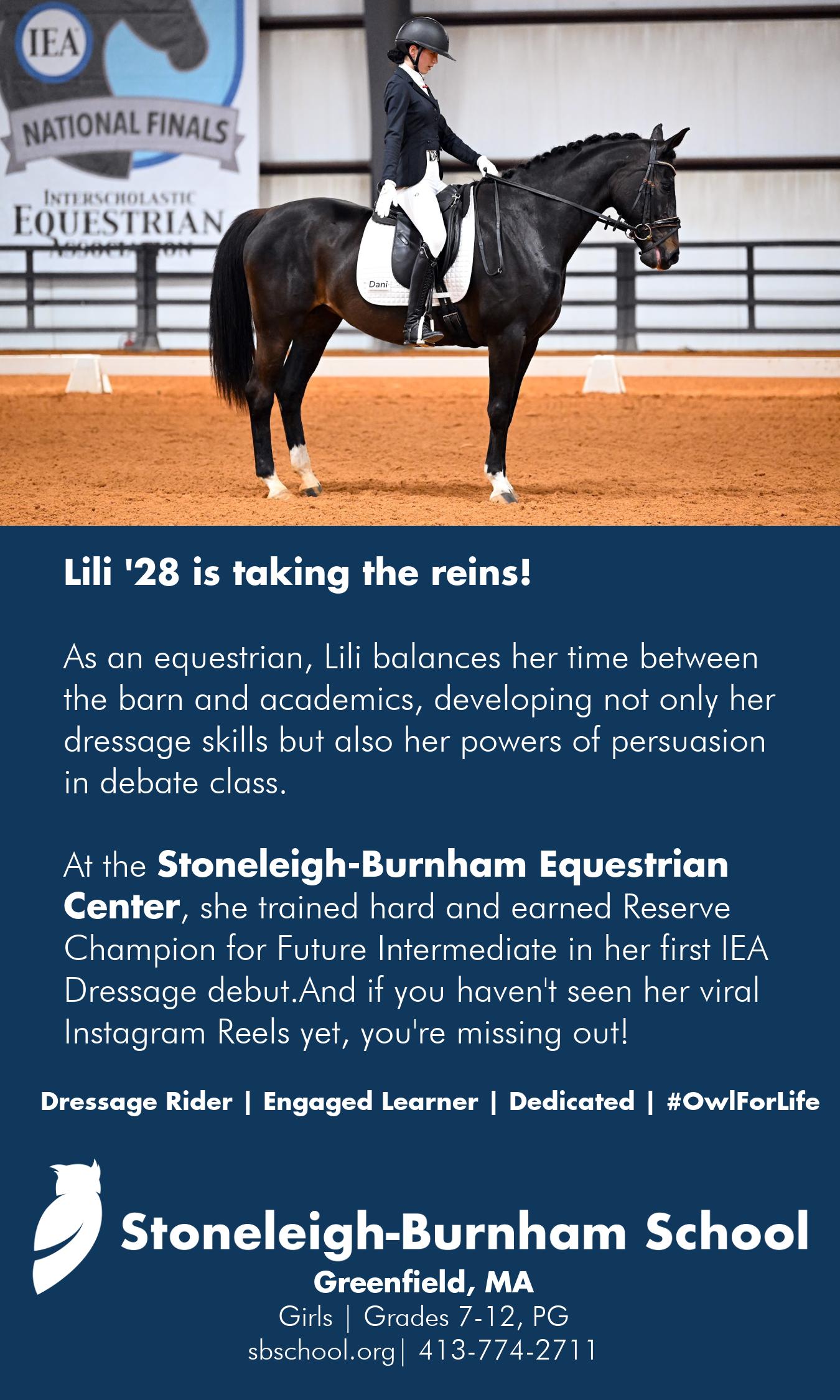
BY GLENYE OAKFORD
The transition from junior equestrian to collegiate team or adult competitor isn’t always easy. We spoke with equestrian mental coach Annette Paterakis about how juniors, parents, and trainers can help young riders take the next step.
The transition from junior competitor to collegiate or adult athlete can be challenging for some young equestrians, as equestrian mental coach Annette Paterakis knows first-hand.
Paterakis studied applied psychology and is a mental coach who works with equestrians; she participated in that capacity at the 2023 USEF Horsemastership Training Series. Paterakis was a successful young rider competing internationally in her early teens. But when she aged into open competition, she struggled— and the more her tension and confusion grew, the more her competition results suffered.
“Before, I was basically placed in the top three almost every weekend, and how wonderful that is for the ego. What came next was therefore more of a shock,” she explained. “Suddenly, I was surrounded by better horses and better riders, and sometimes also riders who were more experienced at that level. Suddenly, I was getting very different results than I used to, to the point that there were quite a lot of eliminations, because I wasn’t really ready to ride at that level yet. It was very challenging for me at that age, and I didn’t really accept that I wasn’t getting the results I want. I wanted to prove myself, and I got very upset when I made mistakes. I’m sure a lot of young riders relate to that. I got more and more in my head. I got more and more focused on proving myself and getting the results, and less and less focus on what actually made the difference.”
Part of the solution, Paterakis said, was to shift her focus to the process of learning and developing, and to see competition results as only a part of that process.
“I saw failure in a very, very negative way and became afraid of making mistakes,” she said. “The moment that happens, it means you’re very attached to certain outcomes. When we’re attached to an outcome, nine out of 10 times, that means that we don’t get that outcome. It doesn’t work that way. We have to learn to let go of the results, so that we can focus on the process. But I didn’t know any of that at the time.”
We sat down with Paterakis to discuss strategies that young equestrians, their parents or guardians, and their trainers can employ to help juniors transition to intercollegiate or adult competition.
What are some of the common challenges junior equestrians face in making the change to intercollegiate or adult competition?
First of all, it’s important to understand that around that age, they’re also developing from a teenager into an adult. This transition does come with a few challenges, but it’s important to embrace them and see them as a beautiful growth process. This can be a challenging time for both athletes and trainers. For a junior rider, their role has been a child role, and the trainer is in a kind of parent role, telling them what to do: “This is how you want to approach the course, this is how many strides you want to do between these fences.”
It can be tricky when a child starts to have their own identity and their own ideas; it’s new and comes with different behaviors and communications that can be challenging for both sides. The important thing to realize is that becoming an adult also comes with responsibility. Thinking for yourself is a helpful skill; you should embrace it. It also comes with making mistakes. For some people, when they make a mistake, they return to the child role and say, “My trainer will just have to tell me what to do next” or become upset without really doing anything about it.
As a parent or coach, invite the child to rise into that adult position. Have an adult conversation. Ask questions. Encourage them. Instead of telling them how it went in the ring, ask them how they think it went. What did they think happened? How is their development going? What did they learn?
Another way is to encourage them to think for themselves. When they are about to walk a jumping course, maybe say,
“Hey, why don’t you look at it yourself first and come up with a plan. Then you walk me through it, and I can give you feedback. What do you think?”
In the ring, even if you have a solid plan, there are always moments when we need to make a decision for ourselves.
What mental strategies should juniors consider during this transition phase, in your view?
Know that when you bring yourself down because your results are not where you think they should be, thinking in that way can result in you being more focused on the results and less on what you actually have control over: the process. This is where taking responsibility comes in. If you wanted do better, you have to train better.
Don’t compare yourself to others. Compare yourself to who you were last week. Think, “What can I do better? What’s one thing that if I work on it, I would increase my statistics, my chance of going clear?” Then work on that with your trainer.
Just being critical or negative about yourself is unhelpful. What often does tend to work is analyzing and reflecting after a show—not every single day and not during your competition, because you need to be focused. But afterwards, reflect and look at whether there is a pattern that suggests an issue you can correct with training.
Comparing yourself to others can also play a role when you transition onto a college team. You can get distracted by the other students, the rest of the team, fitting in, and worrying that you’re going to let other people down. We can worry about all sorts of things when we transition into the very different dynamic of being a team rider. It’s important for these riders to refocus on what they can control. You can’t control your teammates. Instead, notice that you’re distracted and bring the focus back onto yourself and tuning in to your horse. Go back in your mind to your best ride ever and that feeling of being connected to your horse and present in the moment.
If you shrink because you’re worried, you’re not going to perform at your best. You want to step into that powerful you, that adult, that professional. You can’t be critical with yourself and drag yourself down internally. You have to manage your internal dialogue.
As a young rider I was very critical of myself, and I wasn’t enjoying riding because I put too much pressure on myself and was too hard on myself. I see that in a lot of young people. A much better, productive, and even fun way to transition through that is to keep trusting yourself instead of constantly doubting yourself. If you look at any top rider going into the ring and performing at their best, they have this deep trust that even if they don’t know exactly what is coming at them, they trust that they’ll figure it out in that moment. We can do a lot of training at home. At the show, it’s about stepping into trusting that you’ve trained enough, you know enough, and you are enough.
For riders going on to ride with a team, how can they also add value as a teammate?
If you aren’t picked for the team for a show, think about how you will deal with that. Are you going to sit in a corner or show up to support the team? When you are riding on a team, get to know your teammates. You can ask them what they like, if they want feedback or information from your ride or if they would rather just focus on their own class or ride. Ask them, “Hey, what do you need from me?”
We are competitive beings, and we do get angry or frustrated, and that’s totally fine. We want to learn as adults to deal with that. It’s something you have to train: to refocus and put disappointment aside, because it’s distracting. Being an adult doesn’t mean you don’t feel emotions. On the contrary, you’re aware of those emotions, and then we take the next step and say, “Right now, my team needs me” or “Right now, I have a class to ride in” or whatever it is. That is something we can all train ourselves to do at home so it’s easier when we get to a show.
How does that contribute to improving performance?
You need to focus on what actually gets you there, which is being deliberate about your training. There are so many elements that play a role when it comes to becoming better as a rider. It’s not just about riding better horses, riding more horses, or working with the best trainer. It is a lot more about what you can actually control yourself, which is extremely exciting. There are no limits. The only limit we find is the limit in our own mind. If you keep taking the next step and you believe that it’s possible to improve, then you will keep improv-
ing. Personally, I think that’s incredibly exciting. When I was a teenager, this would have changed my world. But, at the time, I was fixated on being good enough, on proving that I was a good rider, and that became my focus instead of what actually made a difference. When we’re trying to feel validated or good enough, when we are comparing ourselves to others, it’s very distracting.
This kind of mental training takes place over time, doesn’t it?
I think it’s important that mental training should be a normal aspect of your development, not something you only do when you have a problem. It’s something that can help you avoid problems as part of your overall training as an equestrian. Just as you want to train yourself to avoid injury, you want to mentally train yourself to avoid being inconsistent. You can see mental training as a journey rather than as fixing a problem and then you’re done. If you go to a gym and work out for six months and then you stop going, you lose that fitness. It’s the same with your brain. You really need to use it or you lose it.
Investing in yourself this way has a lot of elements to it and is about more than just what you’re doing in the saddle in the show ring. That gives a lot of opportunity. So start somewhere, by reading a book or asking questions or by researching online or working with a mental coach to better yourself mentally, to learn about yourself and how your brain works. You’ll be training that muscle, too, to be prepared for the important moments.
You don’t have to be a record setting quarterback, point guard or track star to letter in junior high or high school sports anymore. US Equestrian is writing a new chapter in the recognition of student athletes – one that honors Equestrians.
The US Equestrian Interscholastic Athlete Program is open to equestrian athletes who participate in any breed or discipline. To earn letters, athletes should be a subscriber or competing member of US Equestrian.
Students may complete their requirements in two different ways based on either the number of hours spent in the saddle or the number of competitions he or she competes in during the year. The program year runs from June 1 - May 31 of the following year and honors those who document their involvement with an Interscholastic Athlete Varsity patch and corresponding pins. An Interscholastic Athlete patch and pin are awarded at the completion of your first year in the program. Each additional lettering year completed, you will receive an Interscholastic Athlete pin and award letter. Additional Lettering merchandise is also available for purchase with Shop USEF.
A student wishing to log his or her time needs to record a minimum of 100 hours of riding/driving/training.
A student wishing to use his or her competition experience must participate in at least three (3) competitions (both USEF licensed and/or non-USEF licensed) of any level or type to complete the requirements for that year.
Students may apply retroactively for previous years if they are still in grades 5-12 and can provide verification for each year.
As you look to build your resume and establish your professional portfolio, US Equestrian encourages student athletes
to include the number of Interscholastic years of achievement. It is important to highlight your dedication and commitment to the program by listing the number of years you were a lettering athlete. US Equestrian also provides athletes the option to send your current school a letter from our president, Tom O’Mara, showcasing your achievements.
View the full requirements and Frequently Asked Questions here:
usef.org/forms-pubs/2puL6-uiDiE/faqs-requirements
The US Equestrian Interscholastic Athlete Program is the first phase of an upcoming series of programs that will recognize achievement for time spent in the saddle for members of all ages. Learn more about the programs offered by US Equestrian and the benefits of membership at USEF.org.



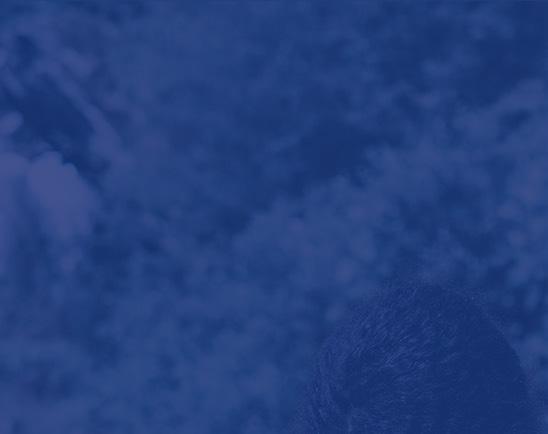


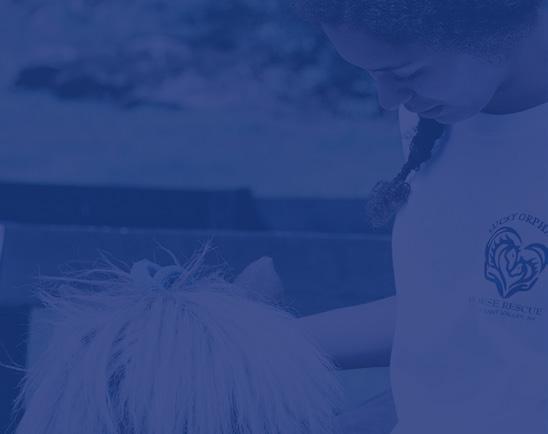
100% OF THE PROCEEDS GO TO THE USEF COMMUNITY OUTREACH ORGANIZATIONS
OUR COMMUNITY OUTREACH ORGANIZATIONS:


Provide equine-based learning opportunities among underrepresented and/or under-served communities
O er services for free or on a sliding scale of fees based on nancial need, and more criteria.
Meets a high standard of horse and human welfare

LEARN MORE & HELP MAKE A
USEF.ORG/OPPORTUNITY



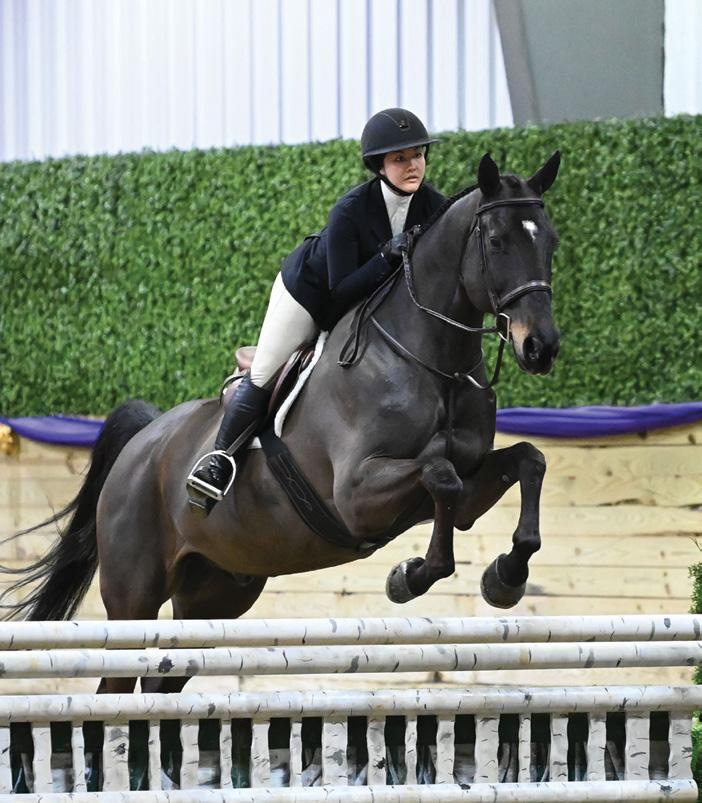
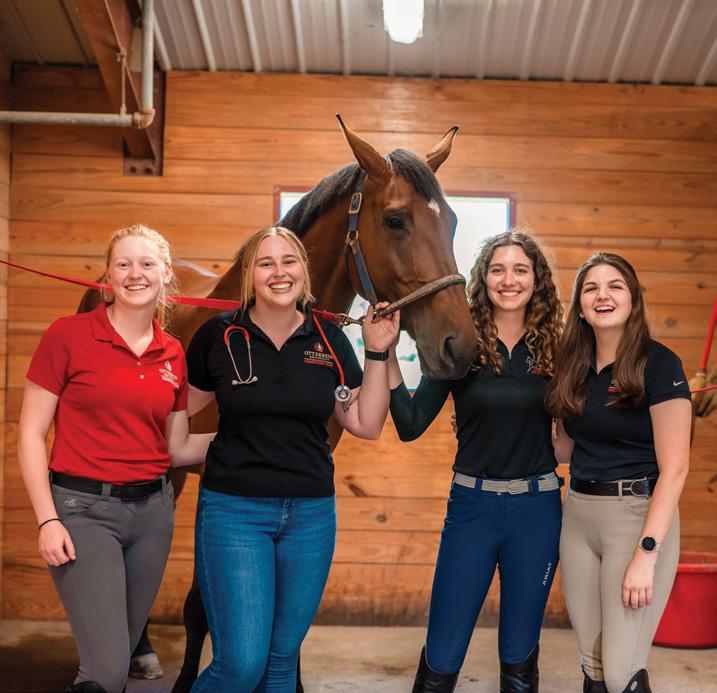
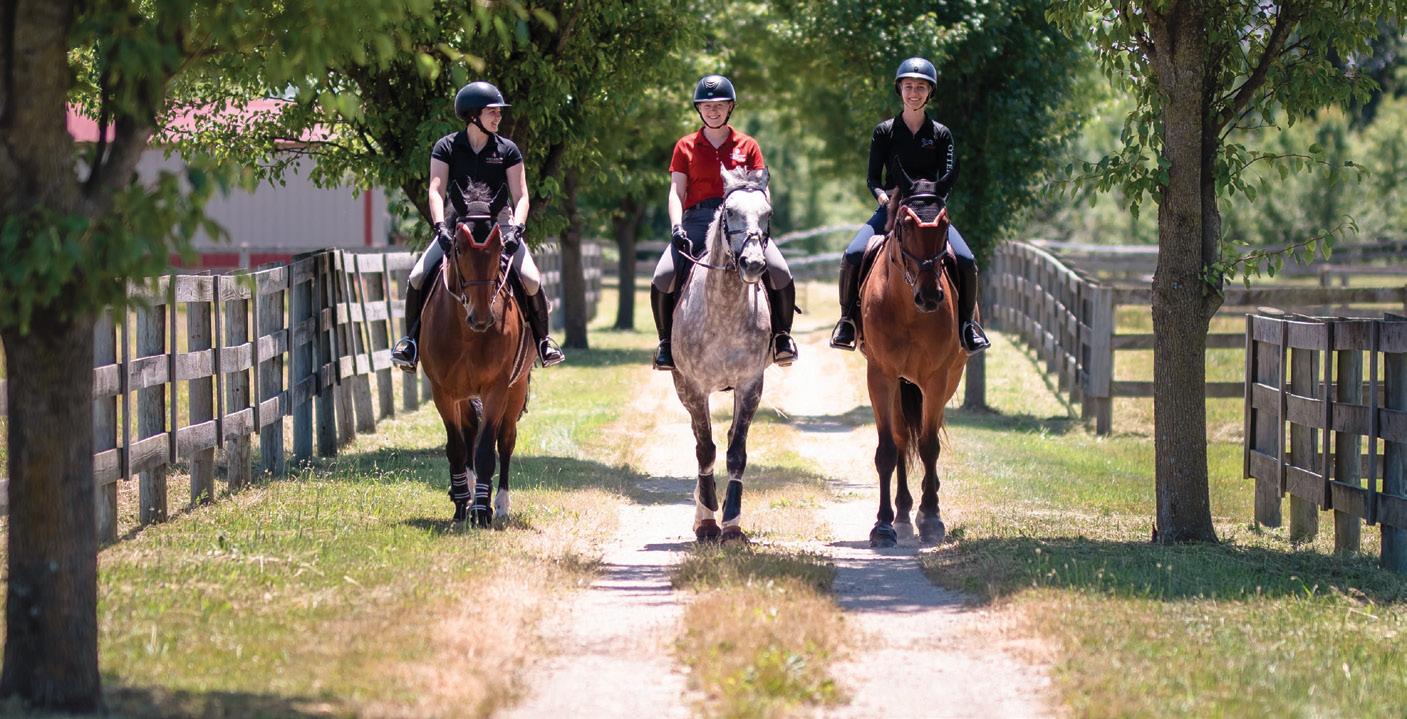
> Intensive horse-centered Equine
> Highly-marketable degree in Equine Veterinary Technology
> Unique practical experiences in Pre-Vet/Pre-Grad Studies and a minor in Equine-Assisted Activities and Therapies

> Competitive equestrian team (eventing, dressage, hunter/ jumper, and IHSA/IDA)
> Experienced, well-connected faculty and equine professionals provide a solid foundation to launch your career
> Scholarships available
In 2014, the United States Eventing Association (USEA) Board of Governors approved the creation of the Intercollegiate Eventing Program as an official program of the USEA. Originally proposed with input from the Intercollegiate Eventing League, the program was established to provide a framework on which eventing teams and individual competition could flourish at universities and colleges across the country. Collegiate athletic programs have been the training grounds for Olympians, amateur athletes and professional athletes for generations. Enabling students to train in the Olympic sport of eventing is a natural addition.
Intercollegiate Team Challenges are quickly becoming popular additions to recognized horse trials in the United States. Teams competing in events identified as Intercollegiate Team Challenges are able to self-identify to the competition organizer, and will compete in the regular horse trial competition as individuals. Combining their individual scores, their team scores will be tabulated and matched against other teams.
The inaugural USEA Intercollegiate Championships were held in 2016 and continues to grow each year. The Intercollegiate Eventing Championships offers all USEF recognized and FEI equivalent levels and no qualification is necessary, however schools represented must be registered Affiliates of USEA and competitors must be enrolled as undergraduate students or have graduated no earlier than six months prior to the championship.
For more information about the USEA Intercollegiate Eventing Program please visit useventing.com/membership/intercollegiate.
The National Collegiate Equestrian Association (NCEA), in concert with the mission and vision of the National Collegiate Athletic Association (NCAA), is committed to providing col-
legiate opportunities for female equestrian student-athletes to compete at the highest level, while embracing equity, diversity and promoting academic and competitive excellence. NCAA Equestrian student-athletes, coaches, and programs adhere to their respective NCAA Division rules and regulations. Currently 28 colleges and universities sponsor equestrian as an NCAA Emerging Sport for Women with more being added each year. More than 1,400 women are listed on NCAA team rosters across the United States.
The NCEA features a head-to-head team competition format for Dual Discipline Teams (Jumping Seat and Western) in four events: Jumping Seat Flat and Fences, Western Horsemanship and Reining. The NCEA features a head-to-head team competition format for Single Discipline Teams (Jumping Seat) in two events: Jumping Seat Flat and Fences Student-athletes from each team are matched to their mounts by random draw prior to each meet. Horses are designated by event to be ridden by each pair of opposing student-athletes competing head-to-head. The rider receiving the higher score from the judges earns a point for her team. The team with the most combined points from the events is the winner.
The NCEA National Championship is held in April each year. Qualification for this seeded bracket championship requires participation in a minimum of three NCEA regular season meets. The NCEA National Champion is determined by competition between the two teams that advance from the semifinal meets.
The NCEA promotes the advancement of NCAA Equestrian within college athletics and its guiding vision is to be recognized globally as the premier level of competition for elite female collegiate equestrian student-athletes. For more information, please visit our website collegiateequestrian.com.
The US Equestrian Higher Education Scholarship for Graduating High School Seniors will provide 5 $1,000 grants to high school seniors graduating in the Spring of the current competition year, who plans to continue his/her involvement in equestrian activities through an equestrian related degree or participation on a collegiate equestrian team. Applicants must be active members of US Equestrian. Essays and application forms must be submitted to the US Equestrian office before the deadline. Visit usequestrian.org/learning-center/youth-programs/grants-scholarships/high-school-scholarship for more information.
The search for the right college is considered one of the most exciting and potentially overwhelming times for young adults. With all of the information available and factors to consider, it can be especially difficult for young equestrians to narrow the search to schools that fit them best. Between academic courses and equestrian opportunities, the idea that you may not have come across your “perfect” school is a constant concern.
The US Equestrian College Search was created to make the process of finding a school easier for equestrian athletes. This online tool is designed to guide students in making an informed decision by matching them with colleges that meet their academic and equestrian goals. The Search provides a list of institutions that meet the criteria provided by the students. Students are then able to view the profile of each institution that meets their goals.
Visit the US Equestrian College Search at usequestrian.org/youth to find a school that matches your needs!
$240k+
Given Back in Grants, Scholarships, and Program Support in 2023
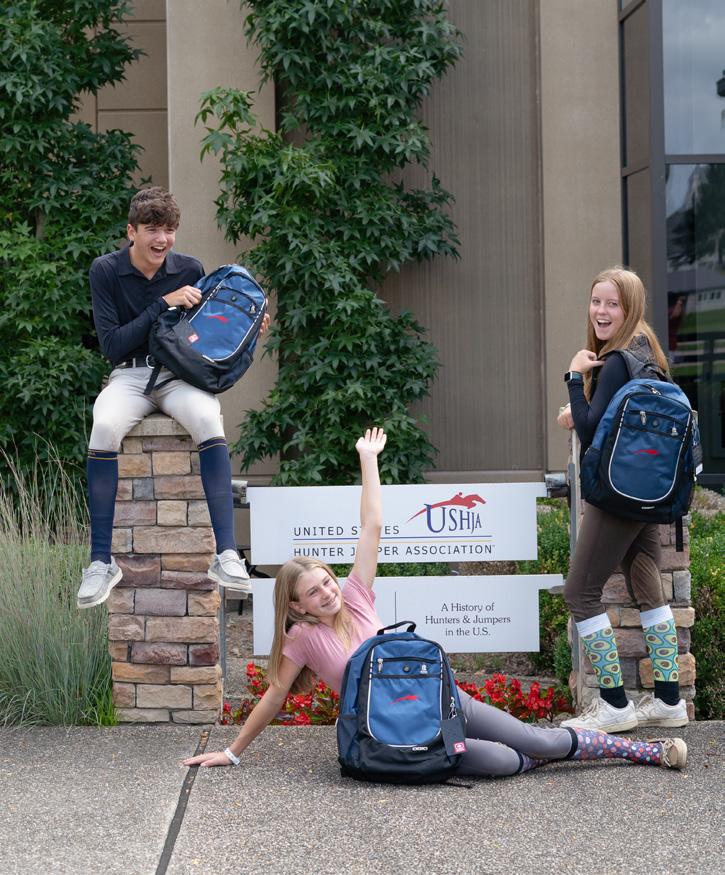
$25,000 Hamel Family Scholarship for Further Education
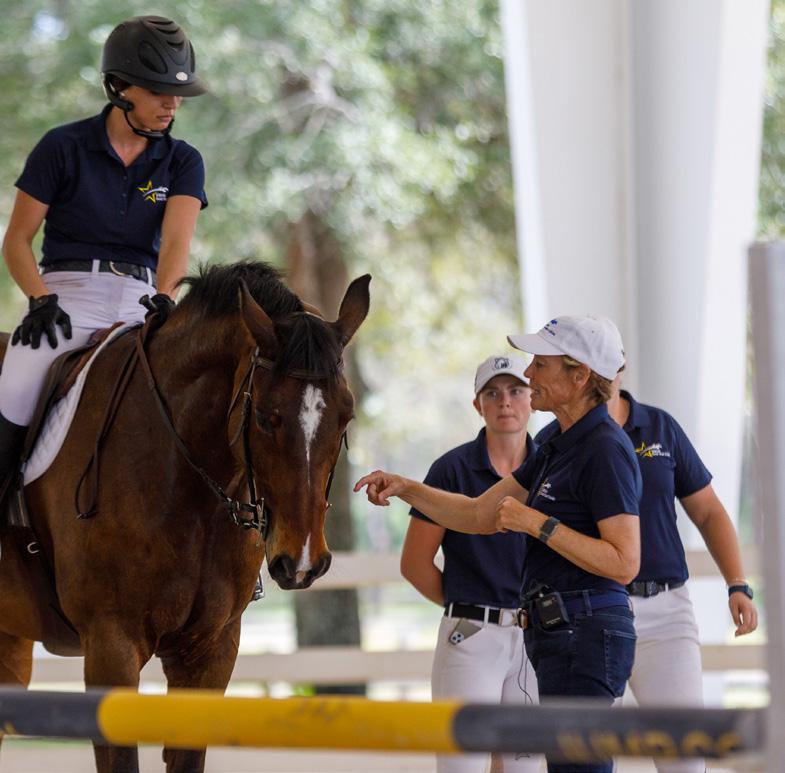
Gochman Grant for USEF Pony Finals
Alvin Topping Governance Grant
Naomi Blumenthal
Memorial Training Grant
J.T. Tallon Memorial Equitation Grant
Keller Grant for Equestrian Excellence
Sunny Stevens Stable Manager Award
Horseman’s Assistance Fund
Zone Grants & Scholarships
USHJA Program Support
Join us in funding dreams and shaping futures!
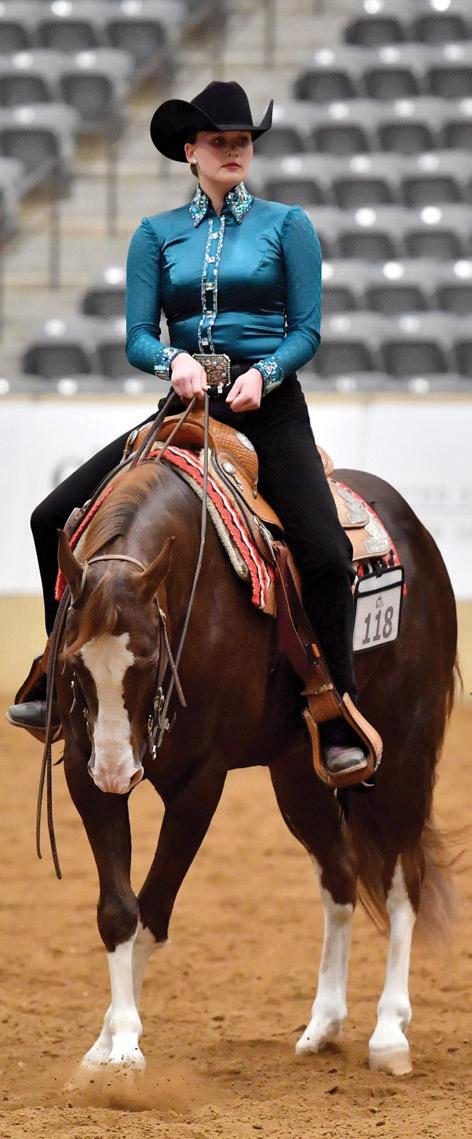
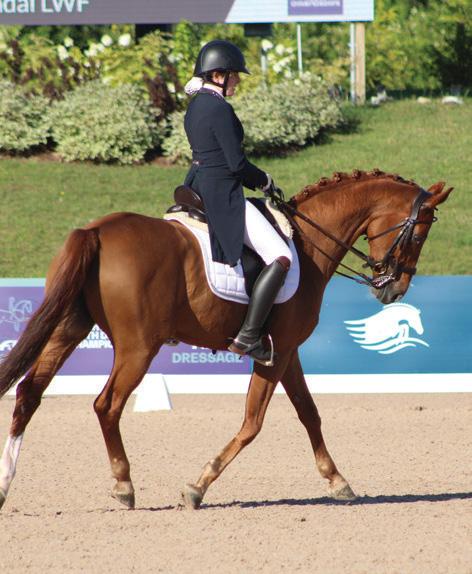

Our Equestrian Center is home to the following:
• 2024 Intercollegiate Dressage Association National Championships 4th Place Team.
• 2024 Intercollegiate Horse Show Association (IHSA) Western National Championships 8th Place Team.
• 2024 IHSA Cacchione Cup Qualifier.
• 2023 IHSA Area 10 Regional Champion Western Team.
• 2023 Reserve Champion College at the IHSA Holiday Tournament of Champions.
• 2023 IHSA Hunter Seat Equitation National Championships Fifth Place team.
• 2023 Intercollegiate Dressage Association Reserve National Champions.
• 2018 IHSA Hunter Seat Equitation National Championships Reserve Champion team.
• 2017 Intercollegiate Dressage Association Reserve National Champions.
• 2013 Intercollegiate Dressage Association National Champions.
• United States Dressage Federation medalists and USDF-certified instructional staff.
• Leading-edge equine boarding with experienced care from permanent staff.
• Modern facility with two indoor arenas, 200 x 200 outdoor arena, cross-country course, paddocks and miles of trails.
Do you have a student interested in applying? Please contact admissions@mtholyoke.edu
Horse donations or leases are gladly considered. Please contact Paula Pierce at ppierce@mtholyoke.edu
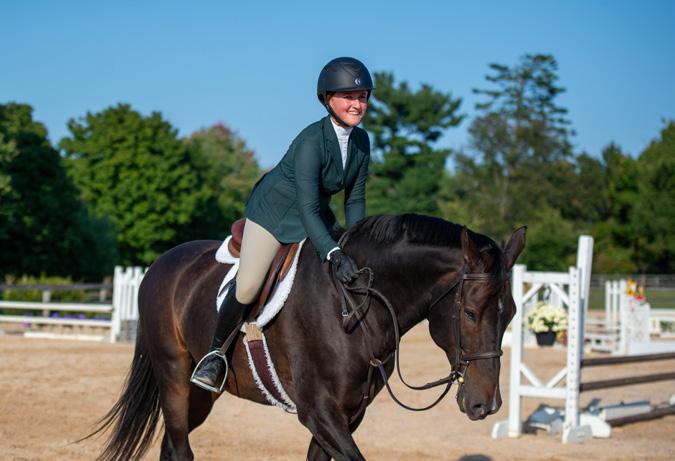
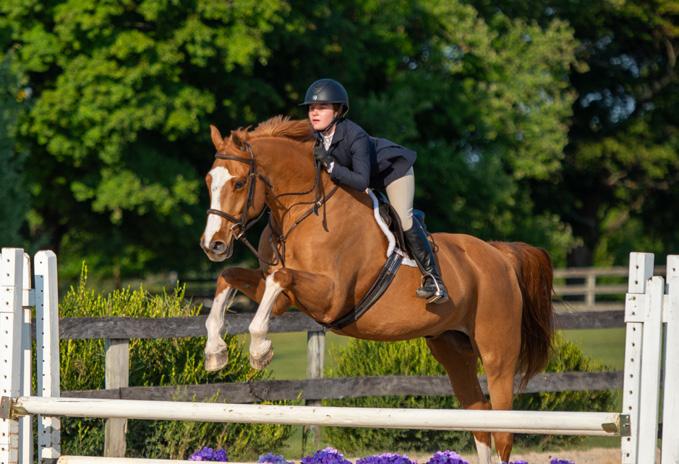
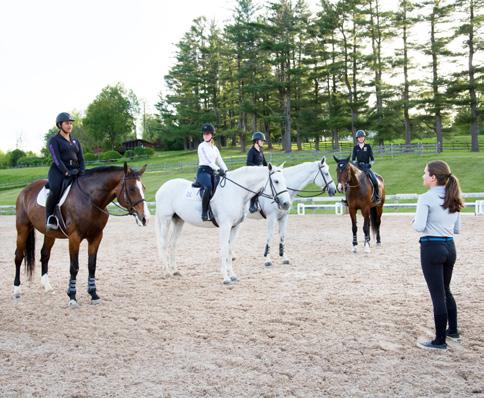

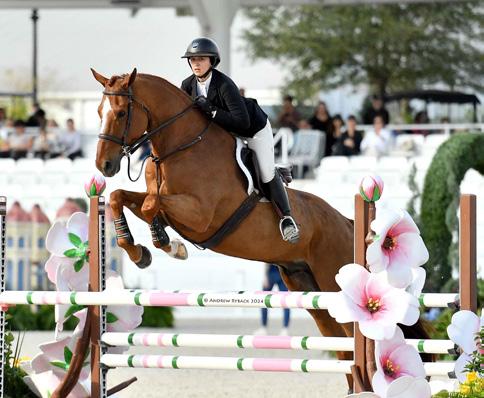
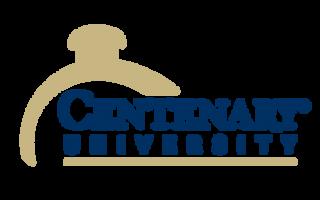
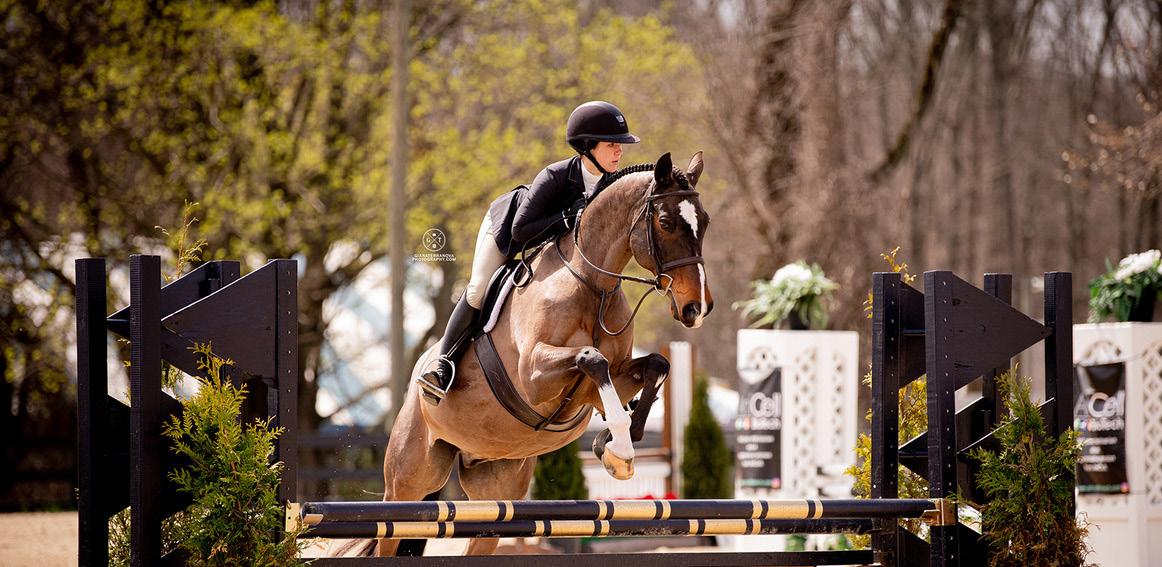
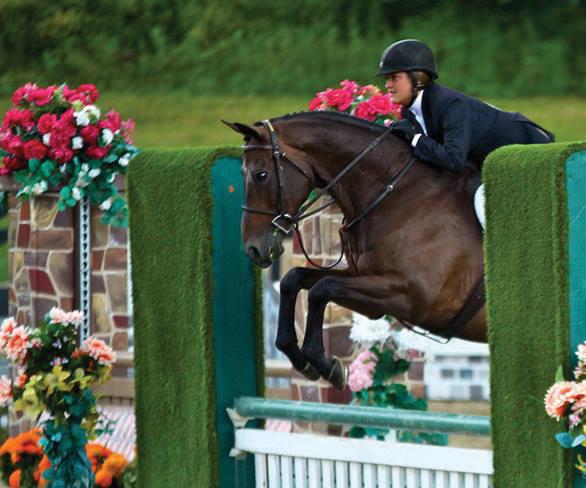

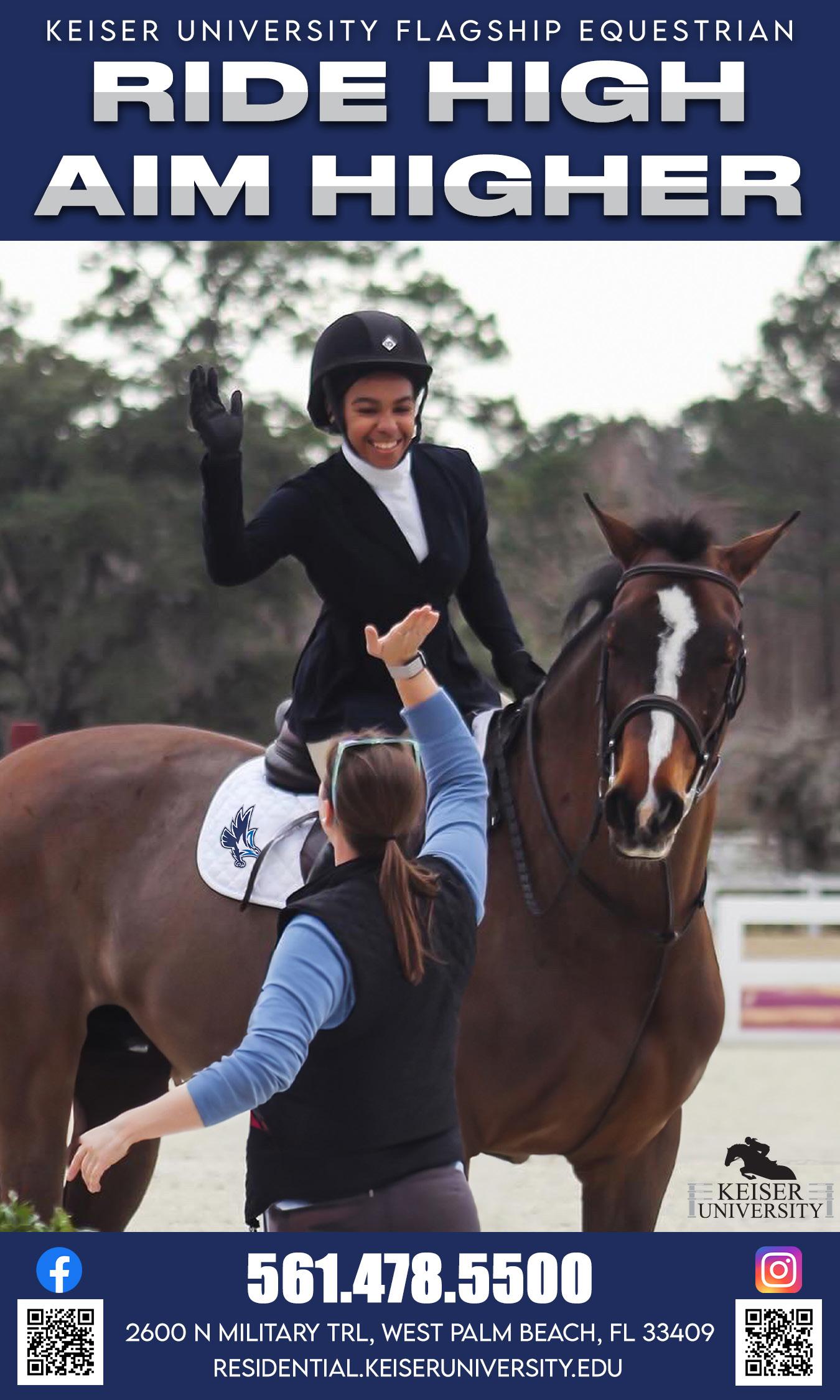
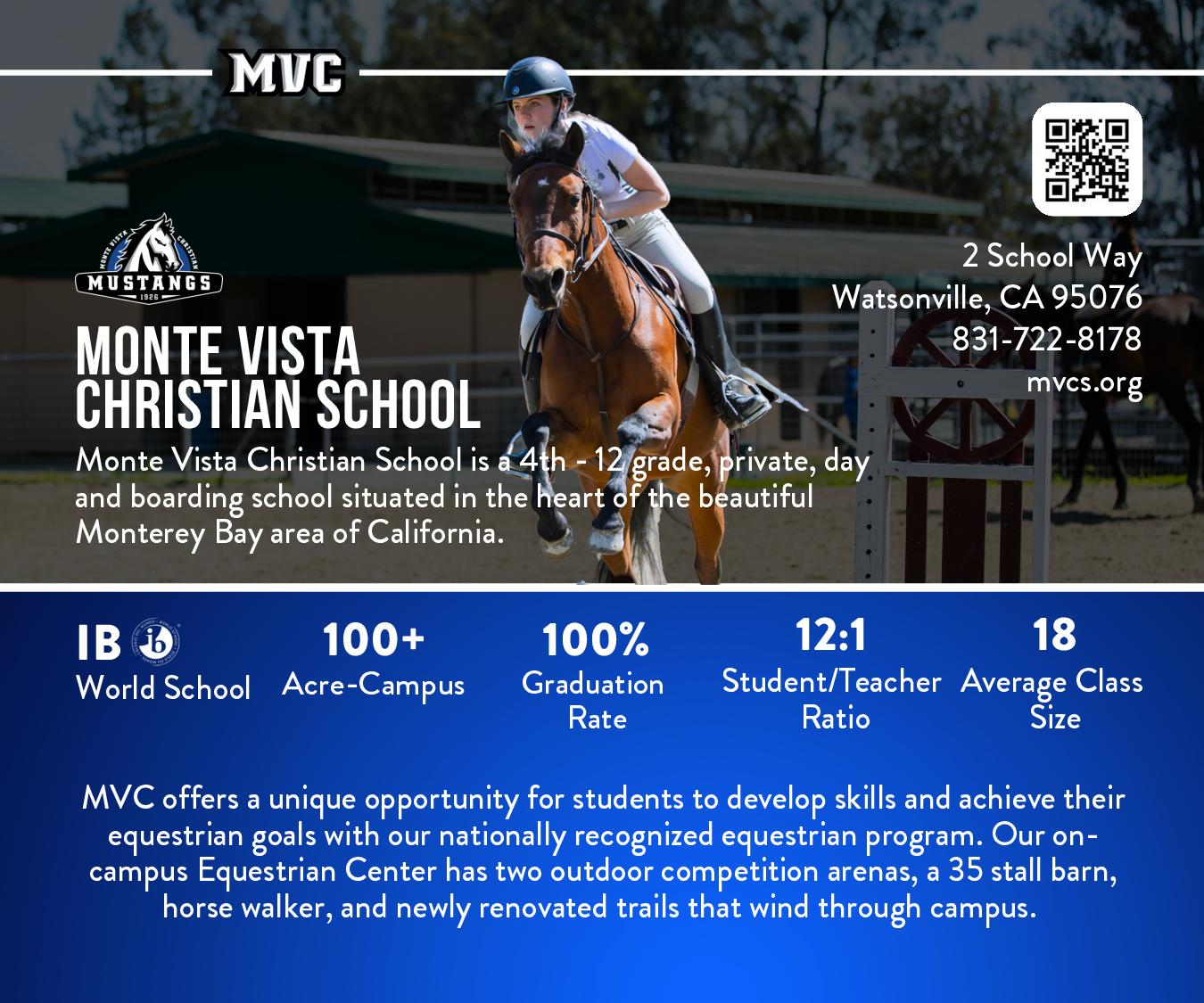
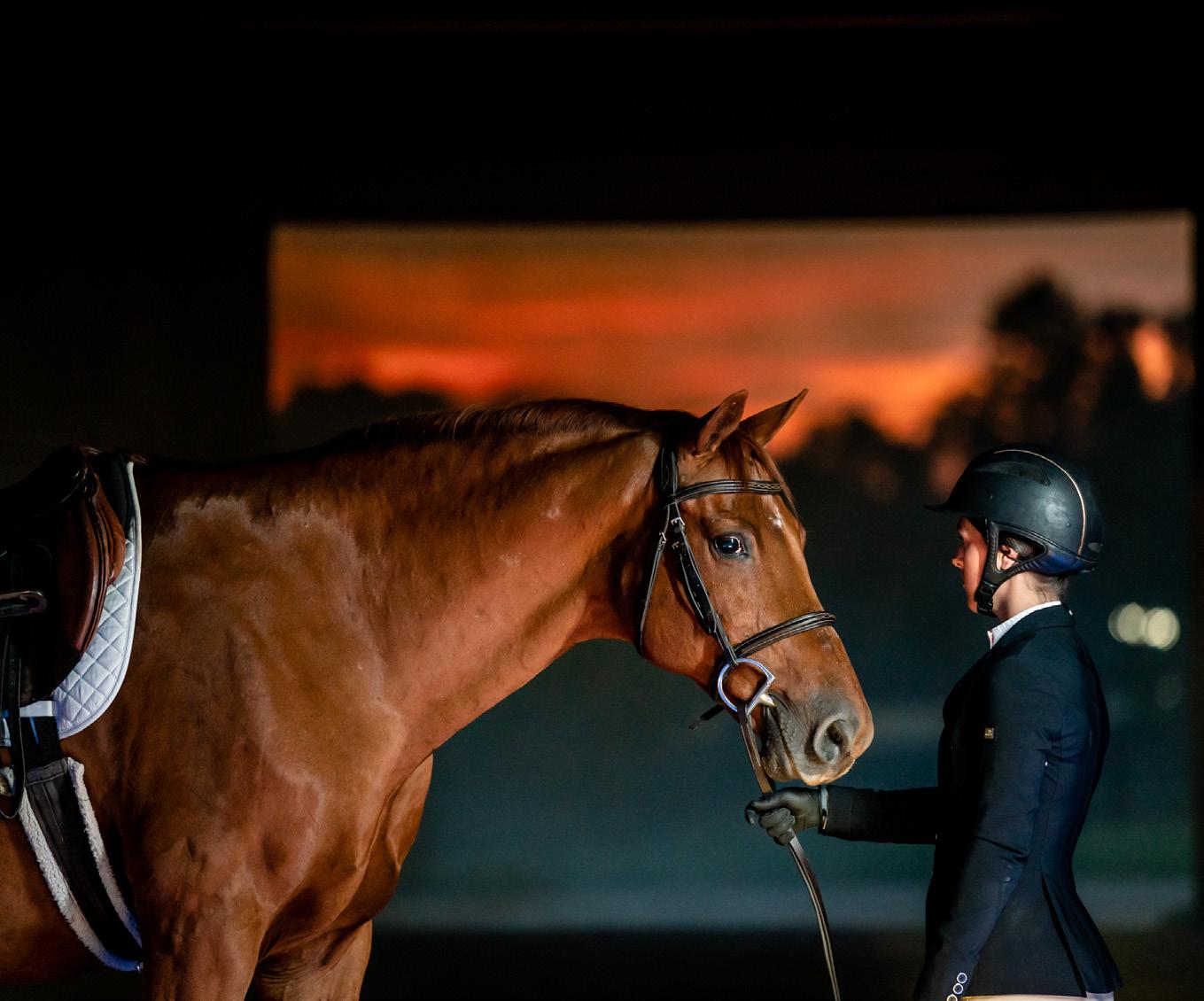
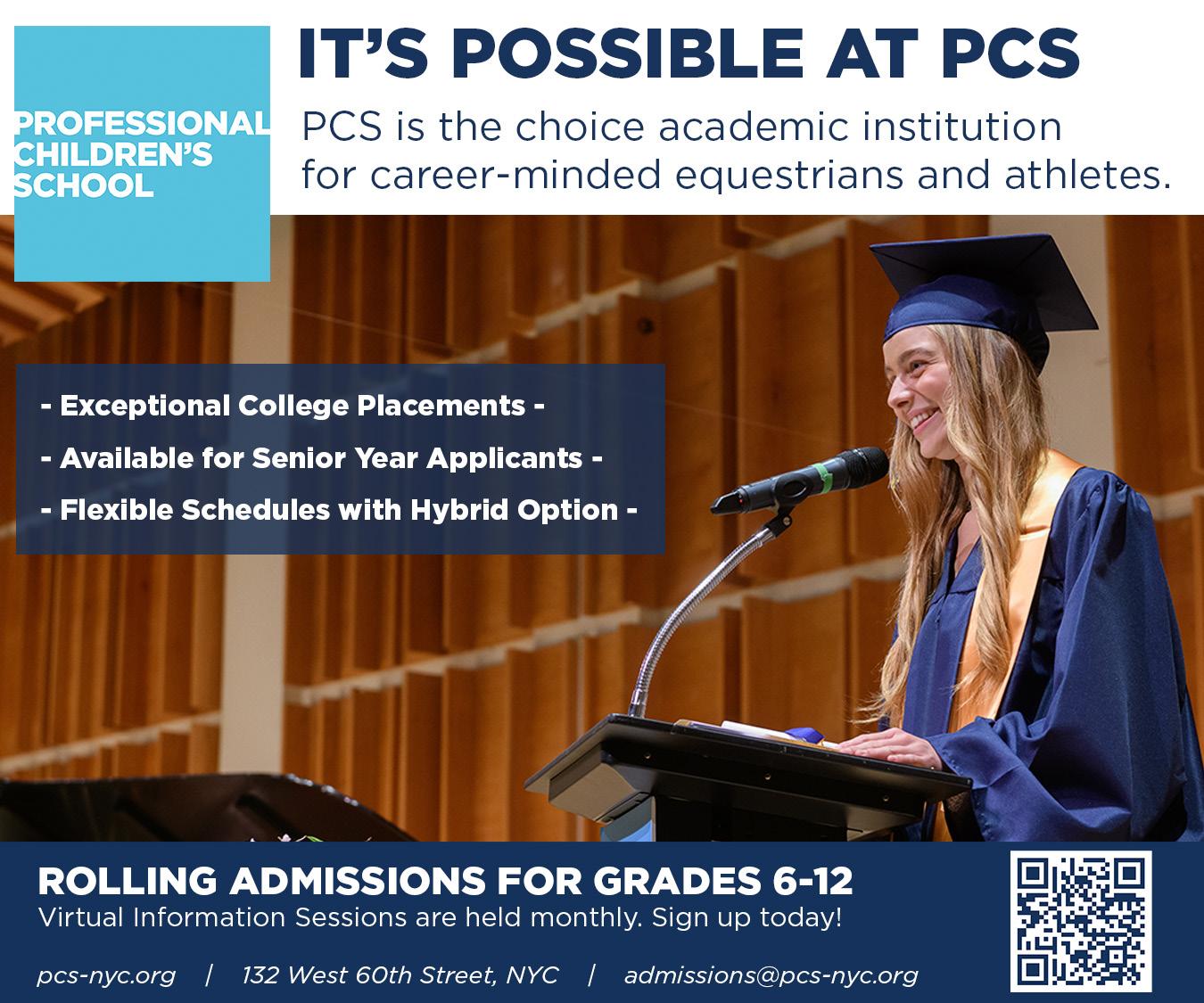
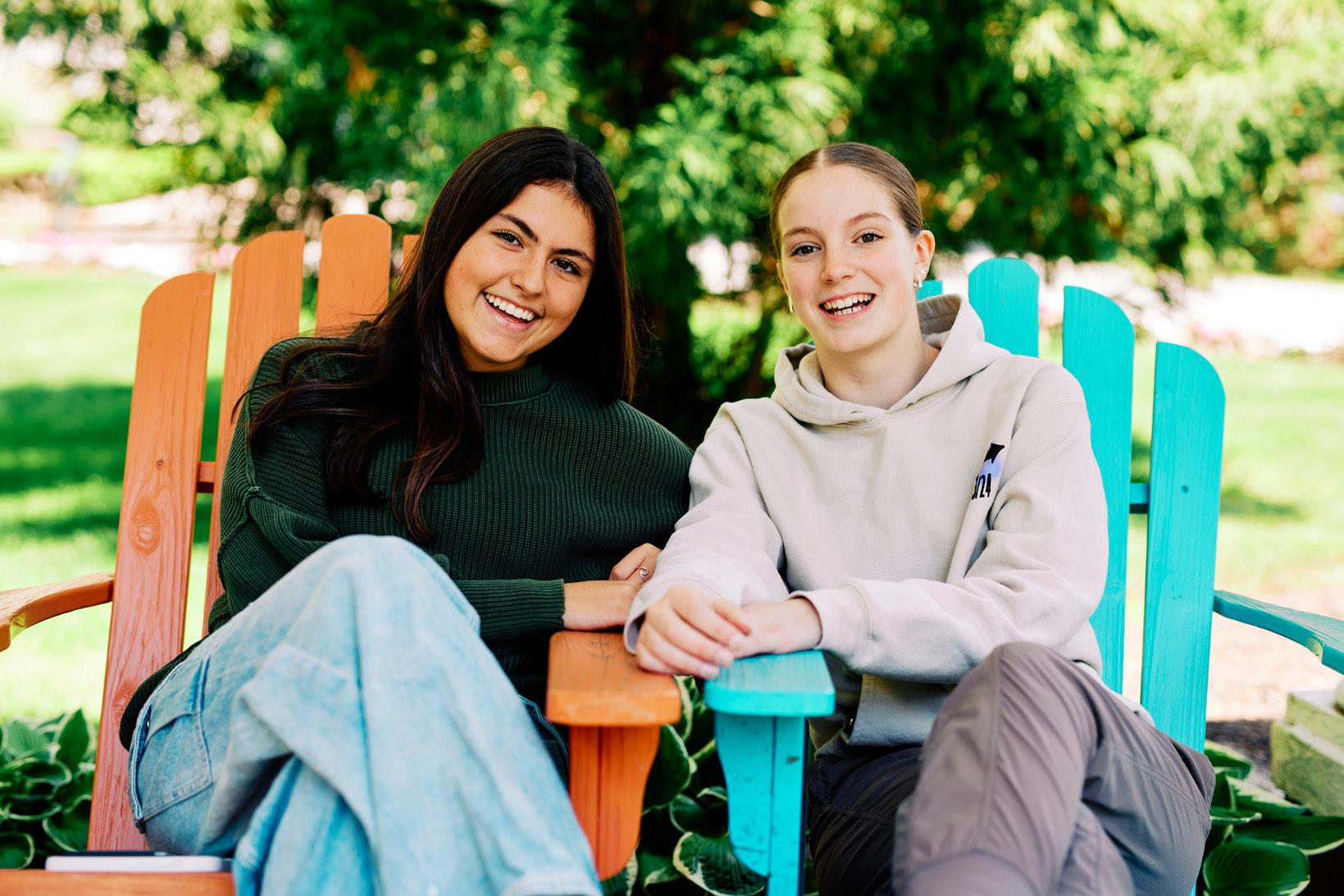
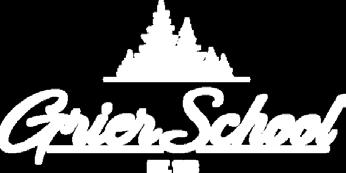
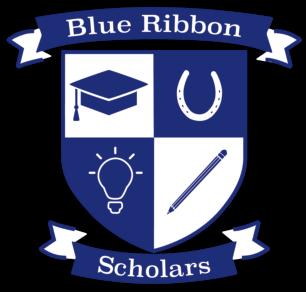

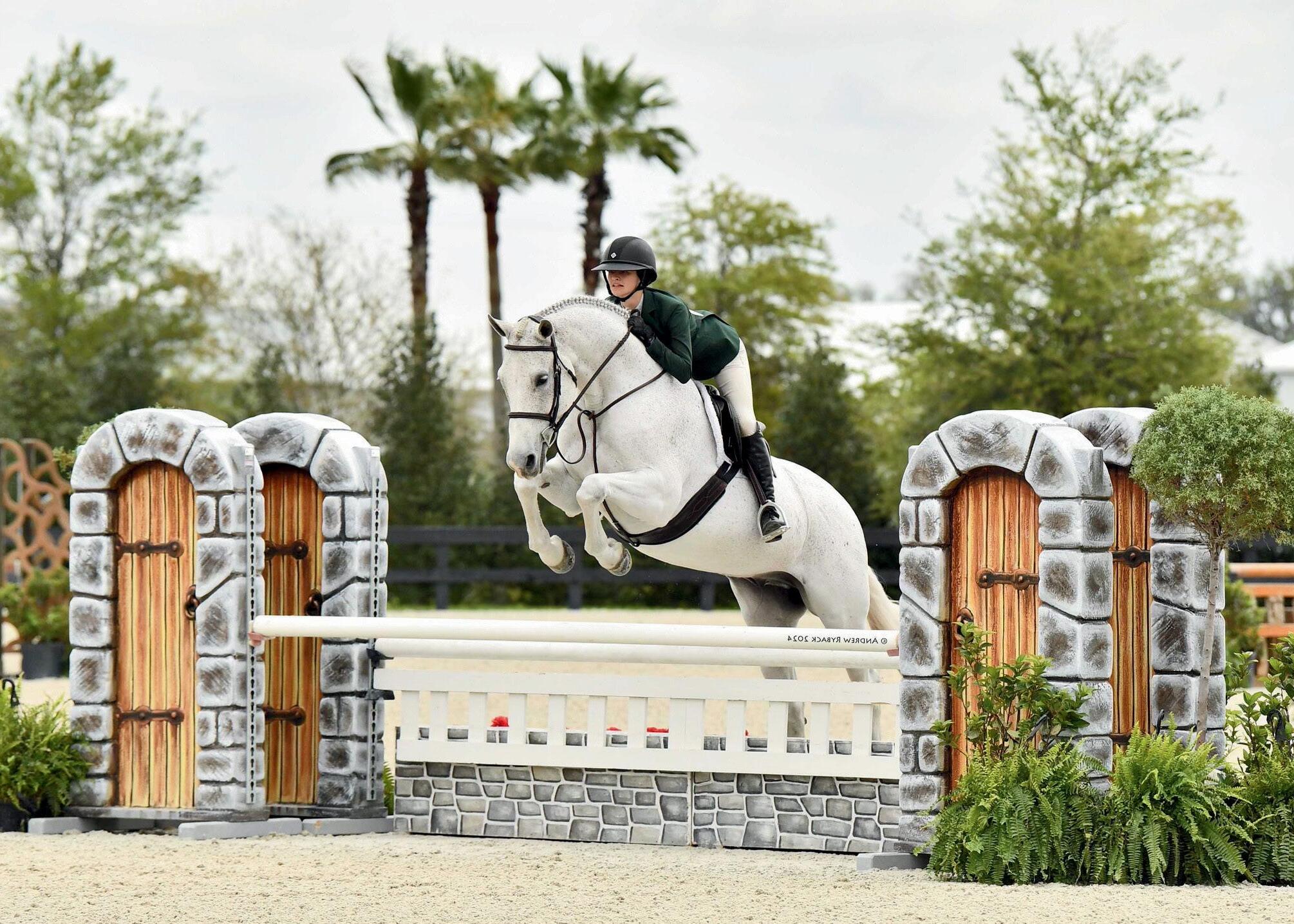
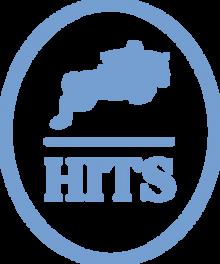
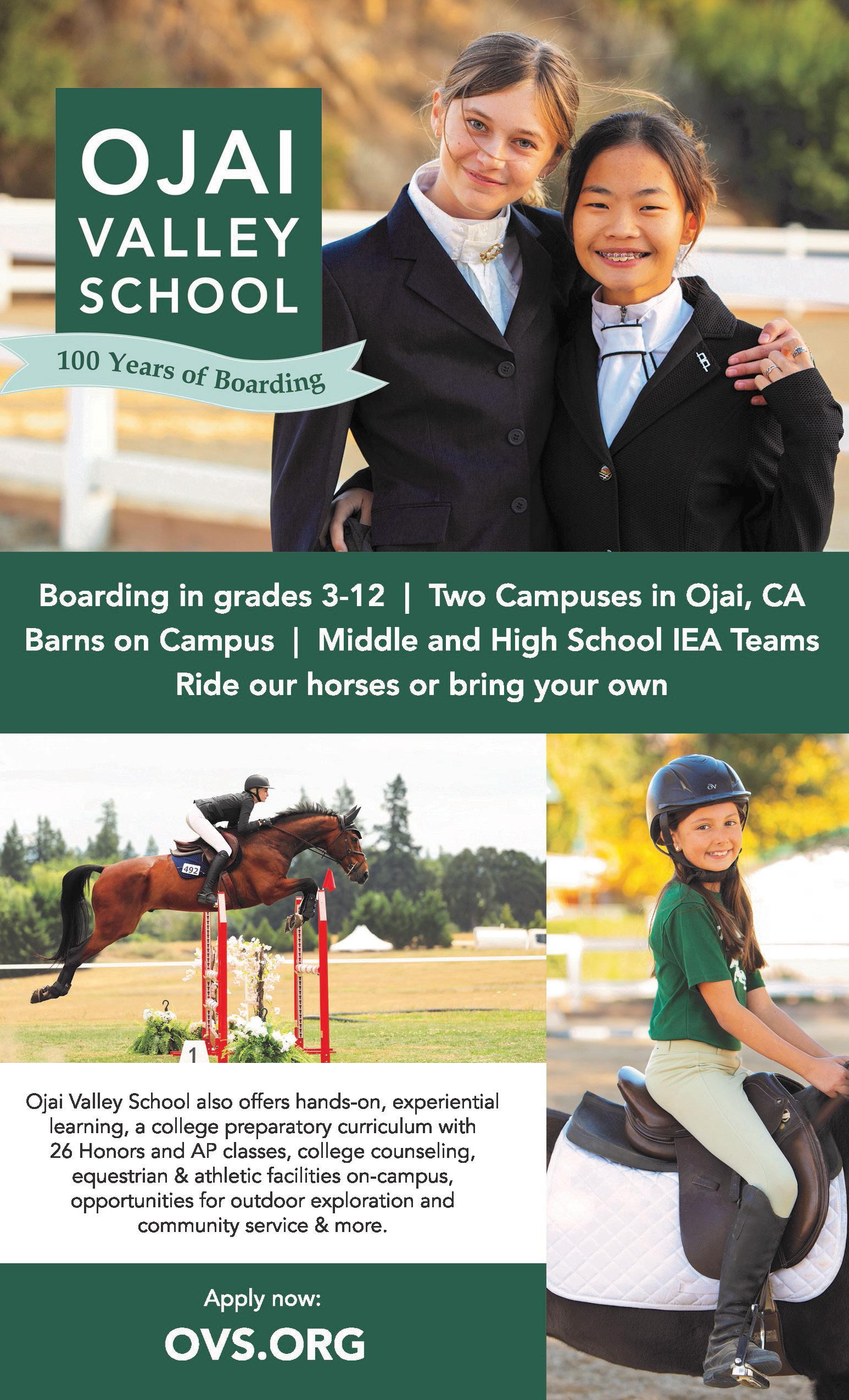
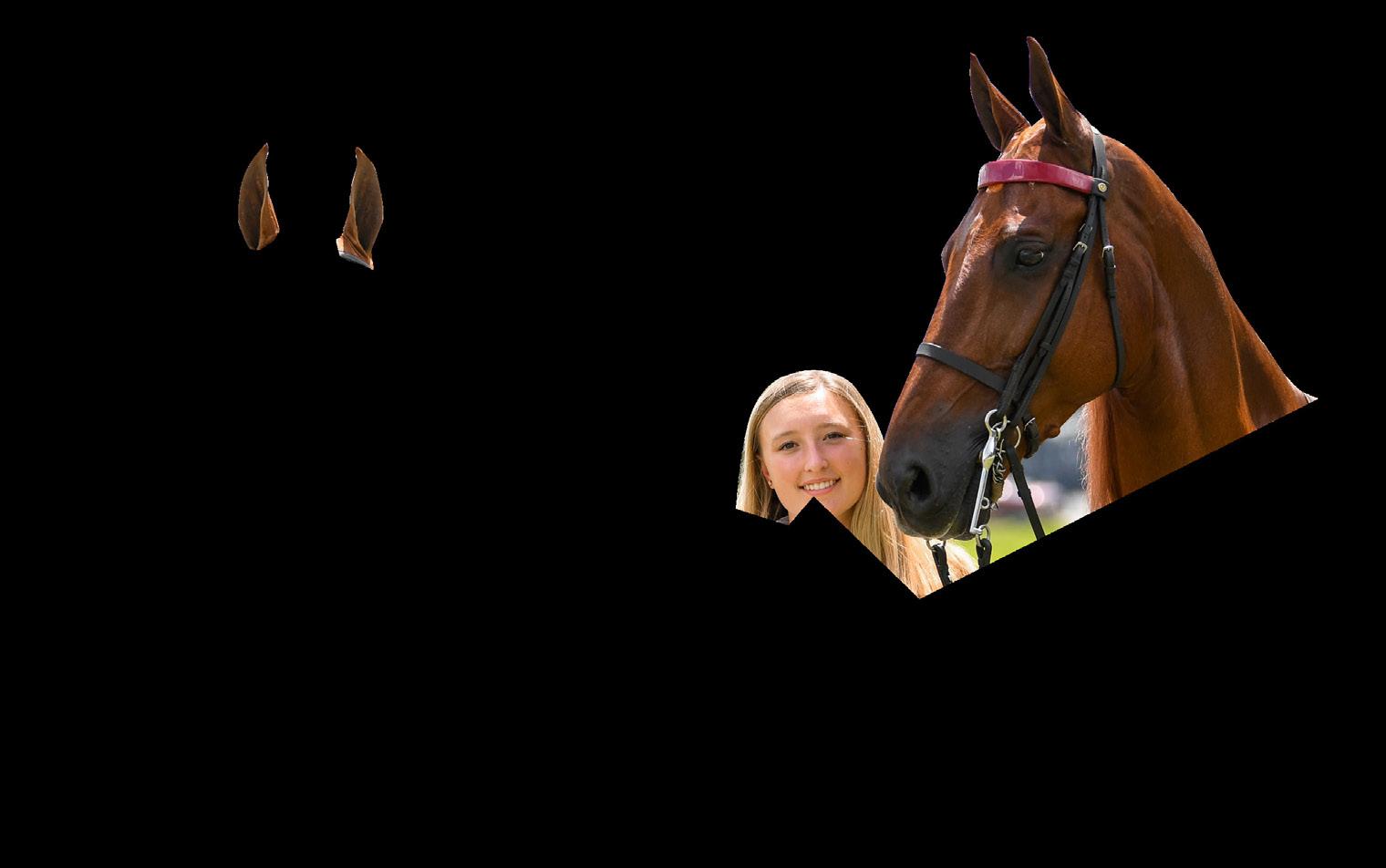
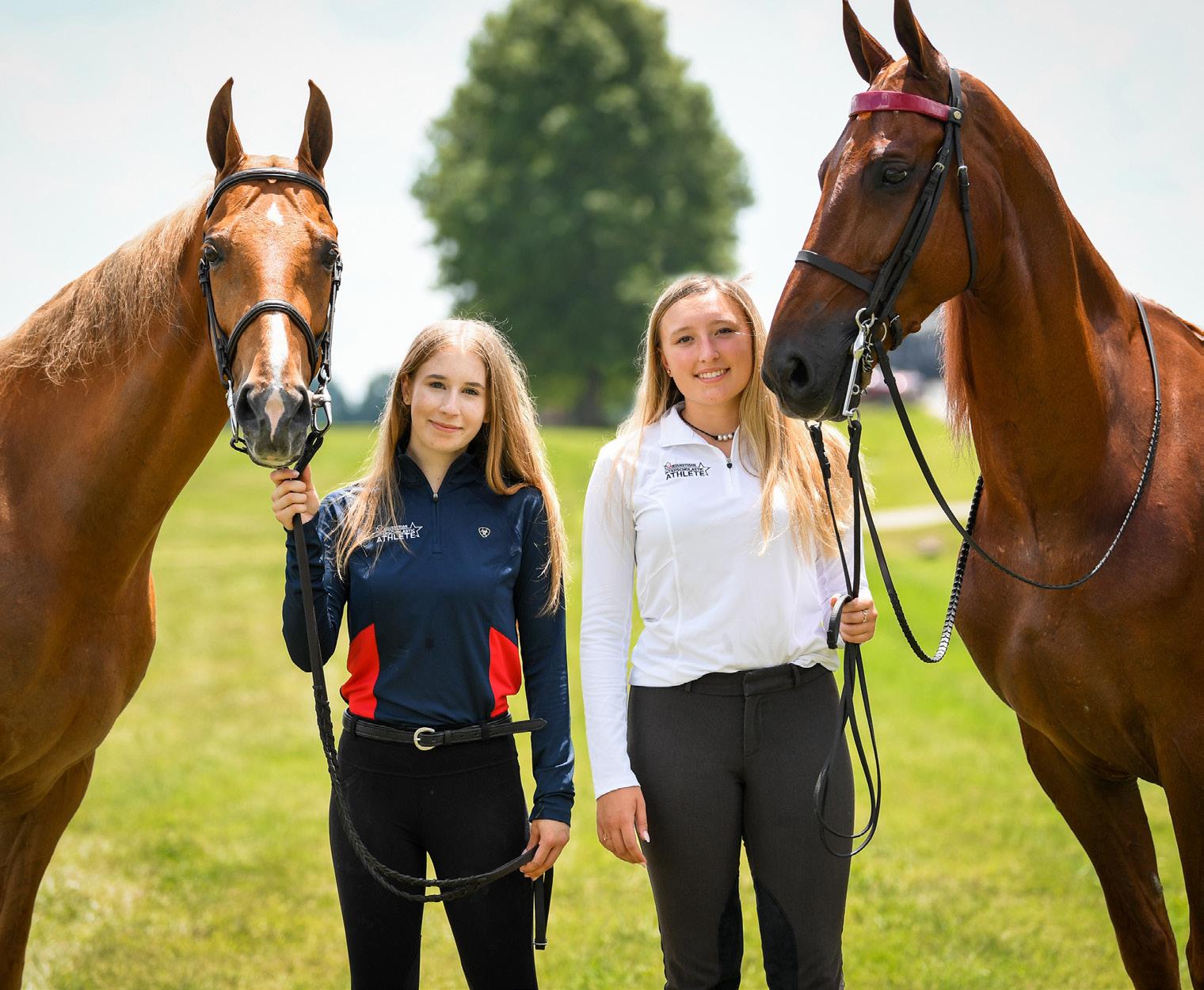
BECOME A US EQUESTRIAN INTERSCHOLASTIC ATHLETE!
US Equestrian recognizes student athletes for their commitment to equestrian sport and time spent in the saddle. Join the program today!
Ride 100 hours or compete in 3 competitions
Be in grade 5-12
Be a US Equestrian fan or competing member
Learn more and sign up today! usef.org/go/equestrianathlete

As the only undergraduate equine program located within an AACSB accredited college of business, our core business administration classes combine specialized education, focusing on equine enterprises. Based in famed Kentucky, the heartland of America’s equine industry, our classroom instruction is supplemented with the opportunities for internships, field experience, and contacts with prominent industry professionals. EQUINE DEGREE PROGRAMS: BSBA in Equine Business
Equine Business Minor
Equine Business Certificate Horse Racing Industry
Graduate Certificate RIDING OPPORTUNITIES:
